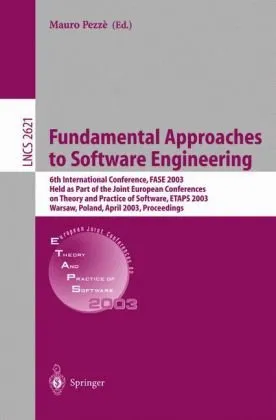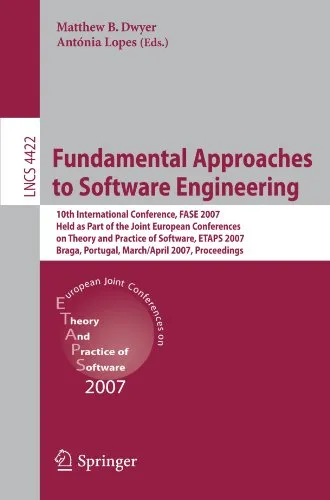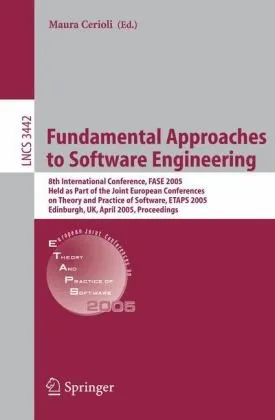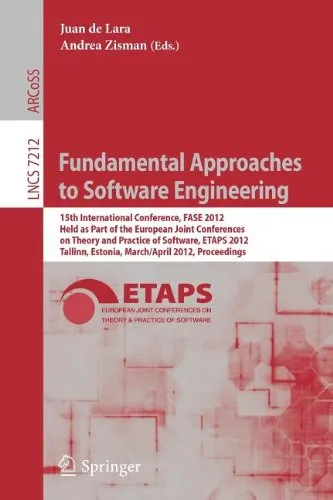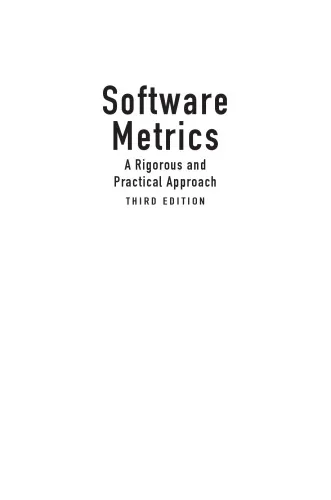International Symposium on Fundamentals of Software Engineering: International Symposium, FSEN 2007, Tehran, Iran, April 17-19, 2007. Proceedings
3.5
Reviews from our users

You Can Ask your questions from this book's AI after Login
Each download or ask from book AI costs 2 points. To earn more free points, please visit the Points Guide Page and complete some valuable actions.Related Refrences:
Introduction to the Book
The "International Symposium on Fundamentals of Software Engineering: International Symposium, FSEN 2007, Tehran, Iran, April 17-19, 2007. Proceedings" is a comprehensive exploration into the theoretical foundations and practical methodologies that drive the field of software engineering. Edited by Farhad Arbab and Marjan Sirjani, this book captures the innovative discussions, pioneering developments, and academic rigor of the international conference hosted in Tehran, Iran. It brings together contributions from the world’s leading researchers and practitioners, delivering a unique resource for those interested in the principles and advancements shaping modern software engineering.
The book is an assemblage of meticulously peer-reviewed papers spanning topics such as concurrent and distributed systems, formal methods, software development frameworks, and optimization techniques. Each paper is authored by experts in the software engineering domain, emphasizing both theoretical rigor and practical applications. This proceedings volume not only reflects the state-of-the-art research as of 2007 but also serves as a valuable reference for educators, developers, and researchers navigating the ever-evolving landscape of software engineering.
Detailed Summary of the Book
The FSEN 2007 proceedings represent a comprehensive snapshot of the diverse research efforts presented during the symposium. Topics addressed in the book cover a vast range of concerns in software engineering, including but not limited to:
- Formal specification and verification techniques that enhance software reliability and performance.
- Advances in modeling and simulation for analyzing complex systems.
- Techniques for improving coordination in distributed systems and multi-agent environments.
- Frameworks and paradigms for optimizing software design and development processes.
The book is divided into thematic sections, each focusing on specific challenges in software engineering. For instance, some chapters delve into the nuances of model checking, while others address challenges in programming languages or domain-specific frameworks. Collectively, these papers offer technical knowledge grounded in proven methodologies while also addressing gaps for future research. With a balanced blend of theoretical analysis and applied case studies, the book fosters a deep understanding of both abstract concepts and practical tools in the software engineering discipline.
Key Takeaways
Readers of this book will gain insights into numerous aspects of software engineering, including:
- The essential role of formal methods in ensuring the correctness and robustness of software systems.
- How new frameworks and methodologies can overcome traditional bottlenecks in system design and development.
- Case studies and real-world implementations that highlight the application of cutting-edge techniques.
- Forward-looking research directions that will inform the future evolution of the software engineering discipline.
Through its wide range of topics and conversations, the book ensures that readers—from seasoned researchers to aspiring engineers—can find value and inspiration in its pages.
Famous Quotes from the Book
Several notable quotes from the book encapsulate its essence and goals:
"Software engineering is not merely about computers or computation but about crafting solutions to human challenges with precision and creativity."
"Formal verification is not an end in itself but a means to achieve the greater goal of trustworthy, reliable systems."
"Collaboration between academia and industry is the lifeblood of progress in software engineering."
Why This Book Matters
The FSEN 2007 proceedings are more than just a collection of academic papers—they are a milestone in the evolution of software engineering thought and practice. This book matters because:
- It bridges the gap between theoretical research and real-world applications, demonstrating how formal models and techniques can address practical challenges.
- The book features contributions from some of the most respected minds in the field, offering a credible and trustworthy source of knowledge.
- It highlights the importance of interdisciplinary approaches, emphasizing how software engineering interacts with domains such as mathematics, logic, and systems design.
- As a proceedings volume, it stands as a historical record of the state of software engineering in 2007, providing both context and inspiration for future researchers.
The foundational ideas presented in this book continue to resonate within the software engineering community, serving as a source of guidance and inspiration for tackling the challenges of modern computational systems.
Free Direct Download
You Can Download this book after Login
Accessing books through legal platforms and public libraries not only supports the rights of authors and publishers but also contributes to the sustainability of reading culture. Before downloading, please take a moment to consider these options.
Find this book on other platforms:
WorldCat helps you find books in libraries worldwide.
See ratings, reviews, and discussions on Goodreads.
Find and buy rare or used books on AbeBooks.
1263
بازدید3.5
امتیاز0
نظر98%
رضایتReviews:
3.5
Based on 0 users review
Questions & Answers
Ask questions about this book or help others by answering
No questions yet. Be the first to ask!
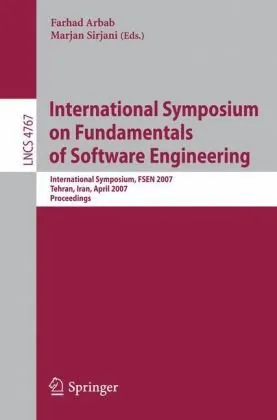
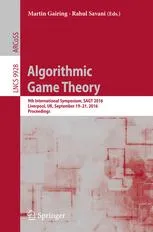
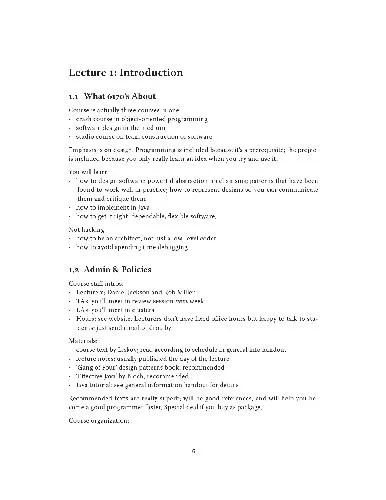
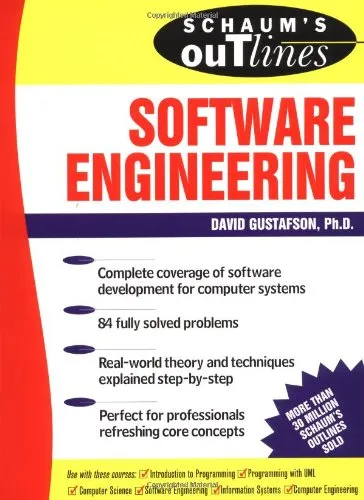
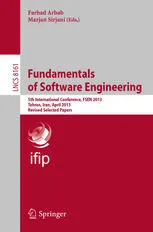
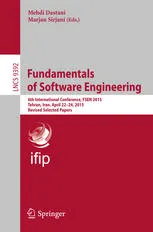
![Fundamentals Of Software Engineering, 5Th Ed [Paperback] Mall](https://s3.refhub.ir/images/thumb/Fundamentals_Of_Software_Engineering__5Th_Ed__31573.webp)
